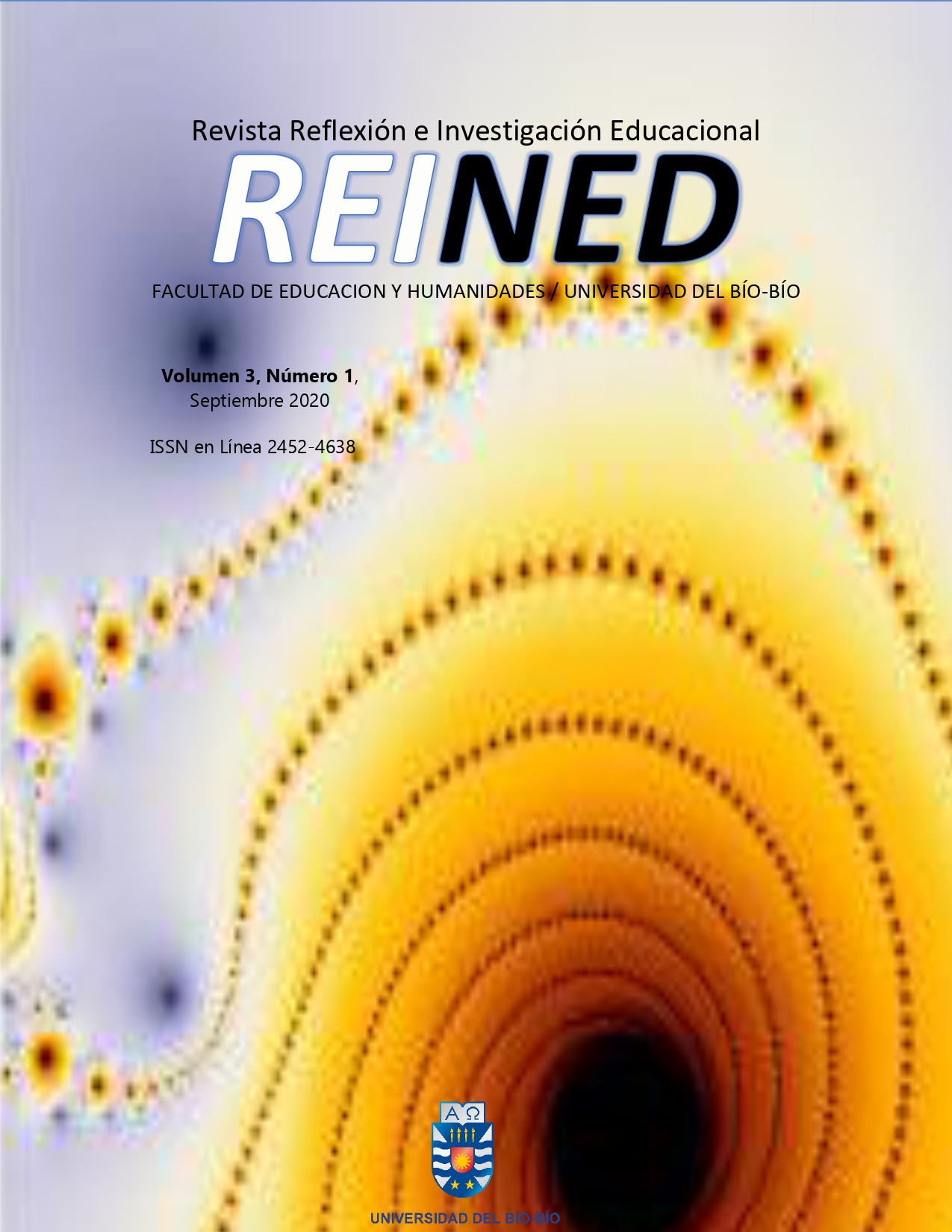Prospective evaluation of learning in university students
Main Article Content
Abstract
An academic experience with university students is presented, it was centered on an evaluation format according to Vigostky's concept of learning potential. We worked with 13 third-year students of Psychology at a university in the Biobío region, 6 men and 7 women. An initial evaluation was applied based on a content guideline, which served as a baseline, which was socialized with the students and allowed establishing lines of improvement in the responses; later, the students were individually and online oriented to strengthen their responses and deepen their learning. Finally, the same evaluation was applied again, based on the previous information, with a rubric that incorporated content and performance aspects. The result showed moderate improvements in content and performance management in most students. It is concluded that the students are not prepared even for the level of autonomous and self-regulated learning that this procedure implies, since they are mainly concerned with the grade and responding to the expectations of the teacher.
Article Details
References
Chow, E., Davis, L., Holden, L., Tsao, M., y Danjoux, C. (2005). Prospective assessment of patient-rated symptoms following whole brain radiotherapy for brain metastases. Journal of pain and symptom management, 30(1), 18–23. https://doi.org/10.1016/j.jpainsymman.2005.02.009 DOI: https://doi.org/10.1016/j.jpainsymman.2005.02.009
Elliott, J., Resing, W. y Beckmann, J. (2018). Dynamic assessment: a case of unfulfilled potential?. Educational Review, 70(1), 7-17, DOI: 10.1080/00131911.2018.1396806 DOI: https://doi.org/10.1080/00131911.2018.1396806
Galarza, J. y Almuiñas, J. (2013). La prospectiva: una herramienta para la evaluación de la calidad de los procesos universitarios. Revista Congreso Universidad, II(3), 1-12
García, M. y Rojas, N. (2003). Concepciones epistemológicas y enfoques educativos subyacentes en las opiniones de un grupo de docentes de la UPEL acerca de la enseñanza, el aprendizaje y la evaluación. Investigación y Postgrado, 18(1), 11-21.
Labarrere, A. F. (2006). Aprendizaje, complejidad y desarrollo: agenda curricular para enseñar en los tiempos actuales. Revista de psicología, 15(2), 65-76. DOI: https://doi.org/10.5354/0719-0581.2006.17147
Malbrán, M. y Villar, C. (2002). La evaluación del potencial de aprendizaje: un procedimiento. Orientación y Sociedad, 3, 1-14
Manterola, M. (2003). Psicología educativa. Conexión con la sala de clases. Santiago de Chile: Ediciones UCSH
Noguez, S. (2002). El desarrollo del potencial de aprendizaje Entrevista a Reuven Feuerstein. Revista electrónica de investigación educativa, 4(2), 01-15. Recuperado en 27 de febrero de 2020, de http://www.scielo.org.mx/scielo.php?script=sci_arttextypid=S1607-40412002000200009ylng=esytlng=es.
Piracés, E. (2017). L.P.A.D: Evaluación dinámica del potencial de aprendizaje. Publicaciones Didácticas, 84, 26-28. En: http://publicacionesdidacticas.com/hemeroteca/articulo/084005
Ponce, F. A., y Fernández, M. T. (2019). The Learning Potential Assessment-2 in Yaqui Native American children. Journal of Educational, Cultural and Psychological Studies, 19, 23-40. doi: https://dx.doi. org/10.7358/ecps-2019-019-ponc
Rodríguez, J., Gil, J., y Torres, J. (2014). La evaluación orientada al aprendizaje: aplicaciones en la práctica. En VI Congreso Iberoamericano de Pedagogía (2014), p 1-19 (pp. 1-19).
Rose, R. (1991). Prospective evaluation through comparative analysis: youth training in a time-space perspective, In, P. Ryan, International comparisons of vocational education and training for intermediate skills. London: The Falmer Press
Santos Guerra, M. (2003). Una flecha en la diana. La evaluación como aprendizaje. Madrid: Narcea Eds.
Sethi, S., Wang, F., Korson, A. S., Krishnan, S., Berzin, T. M., Chuttani, R., Pleskow, D. K., y Sawhney, M. S. (2016). Prospective assessment of consensus criteria for evaluation of patients with suspected choledocholithiasis. Digestive endoscopy : official journal of the Japan Gastroenterological Endoscopy Society, 28(1), 75–82. https://doi.org/10.1111/den.12506 DOI: https://doi.org/10.1111/den.12506
Silva, J. y Maturana, D. (2017) Una propuesta de modelo para introducir metodologías activas en educación superior. Innovación Educativa, 17(73), 117-132
Surendran, V., Revathy, S., Prasanth, G. y Kalpana, B. (2018). Prospective Assessment of Quality of Life and Quality of Death of Patients With Advanced Cancer. Journal of Global Oncology 4(2), 116s DOI: https://doi.org/10.1200/jgo.18.44300
Villar, C. (2004). El potencial de aprendizaje: La mediación en la resolución de problemas. Serie Pedagógica 4-5, 359-374.

